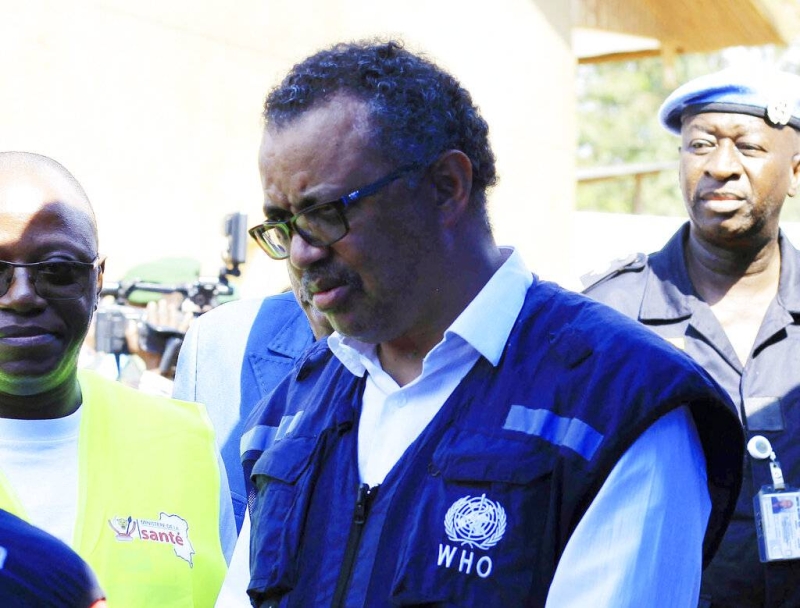
GENEVA, May 18: Democratic Republic of Congo faces a "very high" public health risk from Ebola after the disease was confirmed in one patient in a major city, the World Health Organization said on Friday, raising its assessment from "high" previously.
1614753492_1200.jpg)




